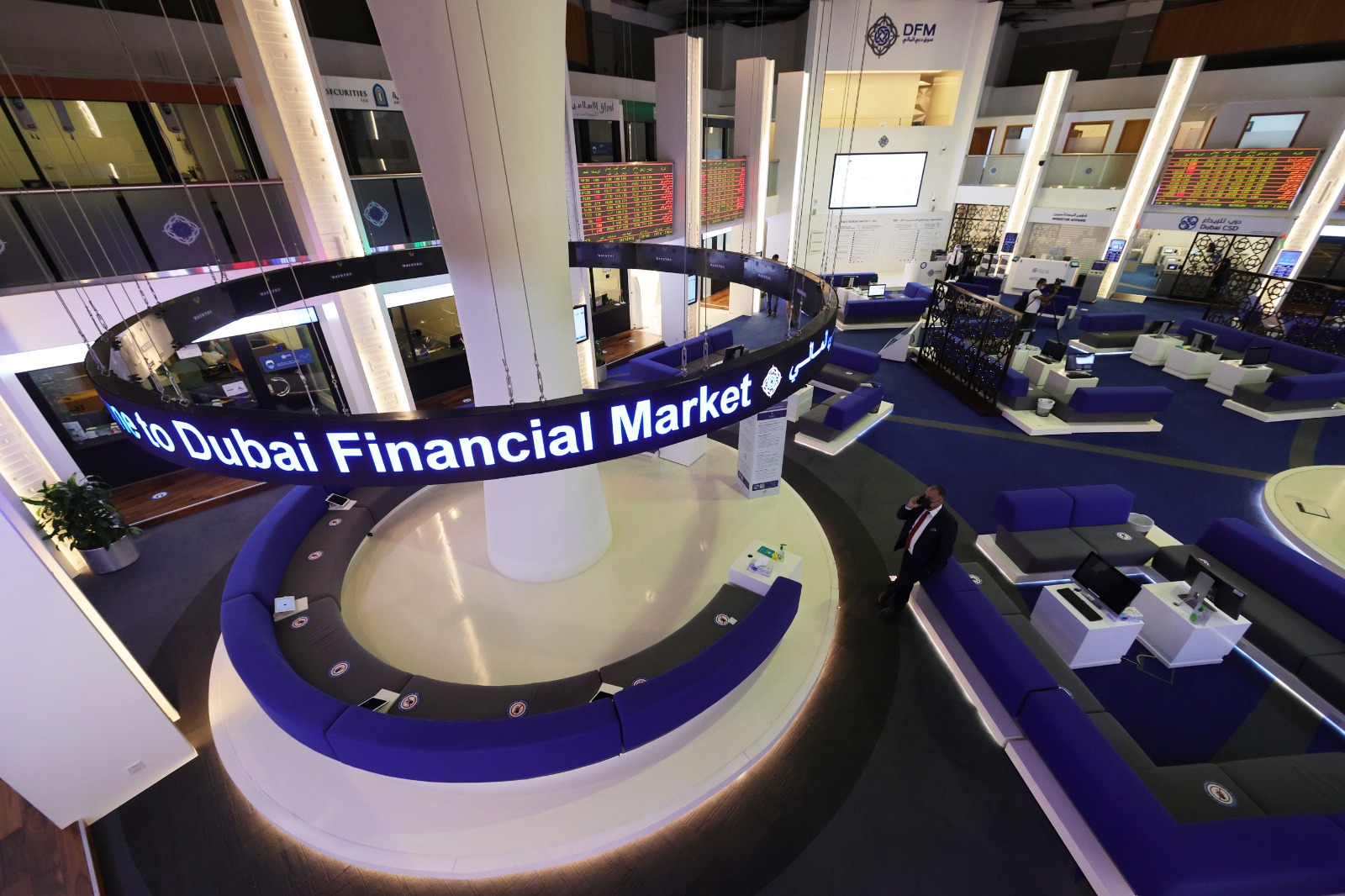Stock markets in the Gulf were subdued in early trading on Wednesday amid uncertainty over interest rate cuts by the Federal Reserve this year, following an unexpected improvement in U.S. consumer confidence.
The core personal consumption expenditures price index, the Fed's preferred measure of inflation, is due on Friday, and will be closely watched for clues on the U.S. central bank's policy path.
Most Gulf currencies are pegged to the dollar, and any U.S. monetary policy change is usually followed by Saudi Arabia, the United Arab Emirates and Qatar.
The Qatari benchmark index (.QSI), opens new tab slid 0.8%, pressured by a 1.7% drop in Qatar Islamic Bank (QISB.QA), opens new tab and a 3.1% loss in United Development (UDCD.QA), opens new tab.
Dubai's benchmark stock index (.DFMGI), opens new tab fell 0.4%, weighed down by losses in most sectors. Emaar Properties (EMAR.DU), opens new tab slipped 1.8% and Emirates Central Cooling (EMPOWER.DU), opens new tab dropped 2%.
However, beleaguered contractor Drake & Scull International (DSI.DU), opens new tab surged 21.6% to 0.303 dirham against a reference price of 0.25 dirham. The stock resumed trading on Wednesday, following a suspension for restructuring of more than five years and losses dating back to 2015.
The Abu Dhabi benchmark index (.FTFADGI), opens new tab edged 0.1% lower with Alpha Dhabi Holding (ALPHADHABI.AD), opens new tab declining 3.5% and Aldar Properties (ALDAR.AD), opens new tab, the emirate's biggest developer, sliding 1.3%. Kevin, the Nasdaq crossed 17,000 for the first time today and shares of AI chip leader Nvidia also hit another record high.
Saudi Arabia's benchmark stock index (.TASI), opens new tab was down 0.3%, with most of its constituents posting losses, led by the utilities, IT and industry stocks. ACWA Power (2082.SE), opens new tab slipped 2.3% and Al Rajhi Bank (1120.SE), opens new tab, the world's largest Islamic lender, dropped 1.2%.











